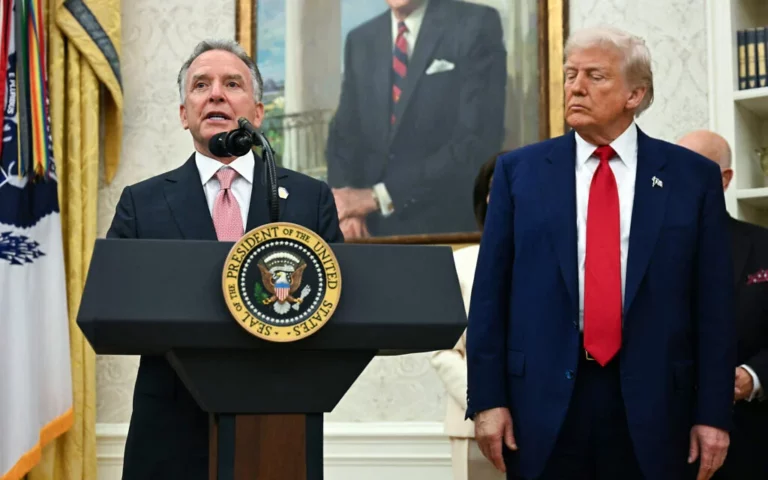 A new American intelligence analysis of a deadly torpedo attack on a South Korean warship concludes that Kim Jong-il, the ailing leader of North Korea, must have authorized the torpedo assault, according to senior American officials who cautioned that the assessment was based on their sense of the political dynamics there rather than hard evidence.
A new American intelligence analysis of a deadly torpedo attack on a South Korean warship concludes that Kim Jong-il, the ailing leader of North Korea, must have authorized the torpedo assault, according to senior American officials who cautioned that the assessment was based on their sense of the political dynamics there rather than hard evidence.
The officials said they were increasingly convinced that Mr. Kim ordered the sinking of the ship, the Cheonan, to help secure the succession of his youngest son.
“We can’t say it is established fact,” said one senior American official who was involved in the highly classified assessment, based on information collected by many of the country’s 16 intelligence agencies. “But there is very little doubt, based on what we know about the current state of the North Korean leadership and the military.”
Nonetheless, both the conclusion and the timing of the assessment could be useful to the United States as it seeks to rally support against North Korea.
On Monday, South Korea’s president, Lee Myung-bak, who has moved cautiously since the assault, is expected to call for the United Nations Security Council to condemn the attack and is likely to terminate the few remaining trade ties between North and South that provide the North with hard currency.
But those steps have little chance of proving meaningful unless China, which hosted Mr. Kim two weeks ago, agrees to join the condemnation and refuses to make up whatever revenue North Korea loses from any trade embargoes. China, North Korea’s last true ally, has traditionally been reluctant to pressure the North too much, even when the North Koreans conducted nuclear tests, for fear of toppling the government and sending a flood of refugees across its border.
Secretary of State Hillary Rodham Clinton will be in Beijing when the South Korean action is announced, leading a delegation of 200 American officials, including roughly half of the Obama administration’s cabinet, in an annual “strategic dialogue” with Chinese leaders on a variety of economic and political issues.
So far, at least in public, both American and South Korean leaders have been careful never to link Mr. Kim to the sinking of the Cheonan in March, which killed 46 sailors. Officials said that was in part because of the absence of hard evidence — difficult to come by in the rigidly controlled North — but also largely because both countries were trying to avoid playing into Mr. Kim’s hands by casting one of the worst attacks since the 1953 armistice as another piece of lore about the Kim family taking on South Korea and the West.
(Read More: NY Times)










